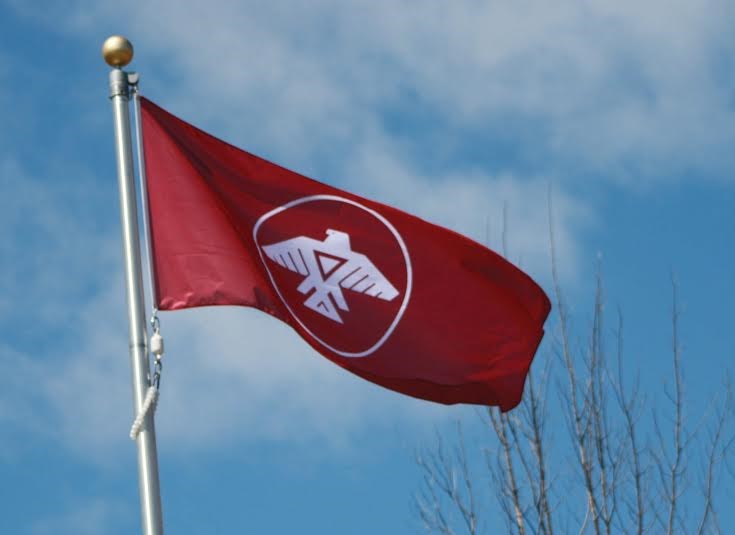A political advocate for 39 First Nations in Ontario is taking the federal government to task for attributing a portion of Canada’s looming $61.9-billion deficit to Indigenous legal claims.
In a statement released earlier this week, the Anishinabek Nation admonished the Liberal government after it tabled the fall economic statement, which showed “significant” one-time costs — including $16.4 billion for settling Indigenous claims that have played out in court.
Anishinabek Nation Grand Council Chief Linda Debassige said the statement "harkened back to the colonial mindset to villainize First Nations for the Crown not paying the bills owed to them for rightful claims.”
“It bears repeating that the money for settlements are not taxpayer dollars, and references to these settlements as a reason for the Liberal government’s deficit is preposterous and is a deflection from reality,” Debassige said in the release.
The Anishinabek Nation is now calling upon the federal government to apologize.
“This type of slander is utterly shameful when the government said that there is no more important relationship than the one with First Nations. The Crown is really showing how it views its relationship with First Nations people,” Debassige said.
“It is not one of reconciliation but one of an adversarial process that we see playing out in this fall economic statement and in land claims and in addition-to-reserve processes.”
A $10-billion settlement in past compensation for beneficiaries of the Robinson Huron Treaty was finalized with Canada and Ontario earlier this year, after 150 years of not seeing an increase to treaty annuities as wealth generated in the territory continued to grow through resource revenues from the mining, forestry and fishing sectors.
The agreements contained in the 1850 Robinson Huron and Robinson Superior treaties said the payments should increase over time as resources were developed on the land, so long as the Crown did not incur a loss.
Despite this, the annual treaty payments have remained frozen at $4 per person since 1875.
“The First Nations would not have to rely on the courts and out-of-court settlements if the Crown had been honourable in the first place,” Debassige said.
“Courts are needed as we can see how the Crown continues to act in the way it has been in the habit of doing since treaties have been signed. The Crown needs to fully disclose the full value of all the resources in our territories to our First Nations going forward.”
Assembly of First Nations Chief Cindy Woodhouse Nepinak also released a statement this week, condemning the Liberal government for spending on legal battles that question inherent rights, while calling on the government to instead prioritize investments that will grow the economy and advance reconciliation.
The government's finance department provided the CBC with an emailed statement.
"The federal government is committed to its work in redressing historical wrongs towards Indigenous Peoples, and recognizes, from a fiscal management perspective, that we must improve how we anticipate and account for claims moving forward," the statement said.
